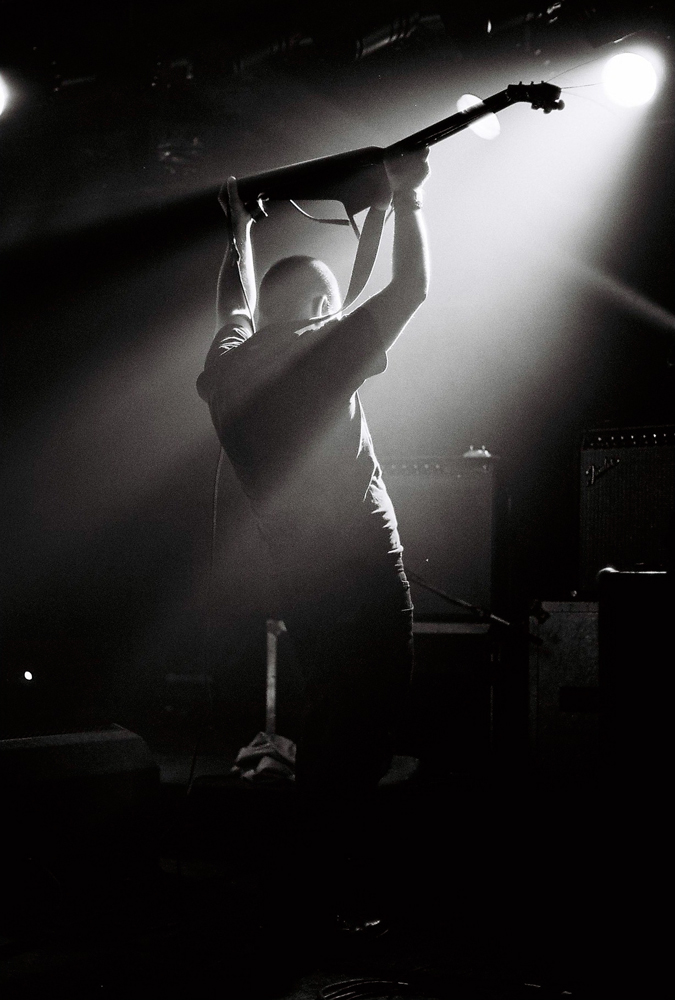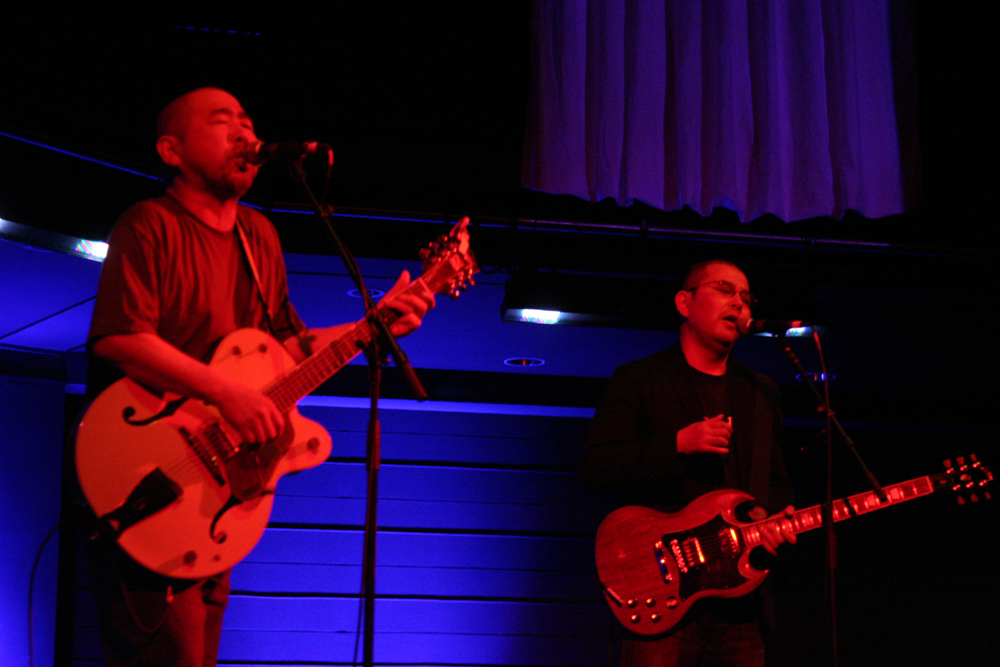
Prisoner Solidarity in Practice
Prisoner Solidarity Network Glasgow Prisoner Solidarity
How do people both inside and outside of prison work together to dismantle the criminal justice system and build a society based on collective care?
Arika have been creating events since 2001. The Archive is space to share the documentation of our work, over 600 events from the past 20 years. Browse the archive by event, artists and collections, explore using theme pairs, or use the index for a comprehensive overview.

How do people both inside and outside of prison work together to dismantle the criminal justice system and build a society based on collective care?

Black Boned Angel’s is a rock sound, stripped of all extraneous detail right down to its core, stretched out and nailed to the ceiling.

Thinking against the monoculturalism of Western thought—of faith, affection, sexuality and gender—which completely lacks any utility to, or descriptive value of Indigenous worldviews.

Introducing and setting intentions for a crip grief transformation and witness altar. A place to sit and breathe, remember our dead, wash our hands and leave offerings to and for loved ones we’ve lost – and for ourselves.

One of the most influential groups in improvised music, with the collective understanding that comes from listening keenly to each other for decades

Rather than asking the state for services, what kinds of change are made possible when we prioritise people supporting each other?

Folk poet, actor and bon viveur Kan Mikami in duo with Jojo Hiroshige, a founding member of Japanese Noise band Hijokaidan.

A historical narrative of the black and latino/a transgender, bisexual, lesbian, and gay House and Ballroom Scene in relation to its artistic practices.
Glasgow. Low-end drone guitarage army in praise of the open chord.

Performance of a Sudoko based graphic score giving rise to a process of self cancellation.

Vajra are a Japanese psychedelic rock supergroup, hewn from the collective consciousness of Fushitsusha’s Keiji Haino, folk radical Kan Mikami and percussionist Toshiaki Ishitsuka.

Recently rediscovered but still very pertinent, Kino Beleške presents a series of speech acts and performative gestures by protagonists of the new artistic practice in former Yugoslavia: each a personal take on the role of art in society.